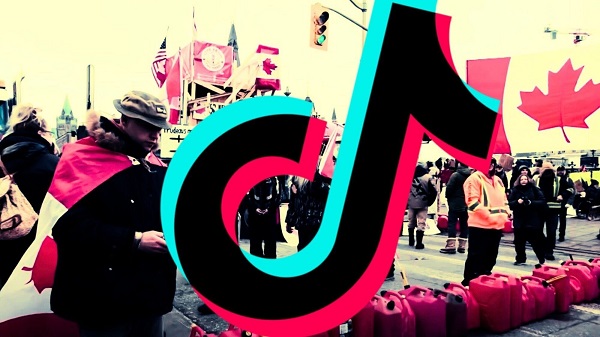From The Center Square
President Donald Trump says the slate of tariffs he plans to announce Wednesday will be “nicer,” “kinder” and “more generous” than other countries have treated the U.S.
Trump plans to unveil reciprocal tariffs on all nations that put duties on U.S. imports Wednesday, which the president has been calling “Liberation Day” for American trade.
Trump’s latest comments on tariffs come as he aims to reshape the global economy to reduce U.S. trade deficits and generate billions in federal revenue through higher taxes on imported products.
Trump’s trade policies have upended U.S. and global markets, but the president has yet to get into specifics ahead of Wednesday’s planned announcement.
At the start of March, Trump told a joint session of Congress that he planned to put reciprocal tariffs in place starting April 2.
“Whatever they tariff us, we tariff them. Whatever they tax us, we tax them,” Trump said. “If they do non-monetary tariffs to keep us out of their market, then we do non-monetary barriers to keep them out of our market. We will take in trillions of dollars and create jobs like we have never seen before.”
On Sunday night, Trump said on Air Force One that U.S. tariffs would be “nicer,” “kinder” and “more generous” than how other countries have treated the U.S.
Last week, Trump announced a 25% tariff on imported automobiles, duties that he said would be “permanent.” The White House said it expects the auto tariffs on cars and light-duty trucks will generate up to $100 billion in federal revenue. Trump said eventually he hopes to bring in $600 billion to $1 trillion in tariff revenue in the next year or two. Trump also said the tariffs would lead to a manufacturing boom in the U.S., with auto companies building new plants, expanding existing plants and adding jobs.
Trump predicts his protectionist trade policies will create jobs, make the nation rich and help reduce both trade deficits and the federal government’s persistent deficits.
The “Liberation Day” tariffs come after months of talk since Trump took office in January. On the campaign trail, Trump frequently called “tariff” the most beautiful word in the English language.
James Dorn, senior fellow emeritus at the Cato Institute, said Trump’s rhetoric on tariffs doesn’t match the economic reality of Americans.
“Tariffs expand the scope of government, politicize economic life, increase uncertainty, and reduce individual freedom,” he wrote. “Government officials gain arbitrary power while market participants face fewer opportunities for mutually beneficial exchanges and greater uncertainty as the rules of the game change.”
Dorn said consumers would pay the price.
“Tariffs are levied on U.S. importers as goods – both final and intermediate –subject to the tariff enter the country,” he wrote. “Importers and consumers typically end up paying the tariffs, as they cut into profit margins and drive consumer prices up.”
Business groups, including the U.S. Chamber of Commerce and American Farm Bureau Federation, have urged Trump to back off tariff threats.
Trump has promised that his tariffs would shift the tax burden away from Americans and onto foreign countries, but tariffs are generally paid by the people who import the foreign products. Those importers then have a choice: absorb the loss or pass it on to consumers through higher prices. The president also promised tariffs would make America “rich as hell.”




















